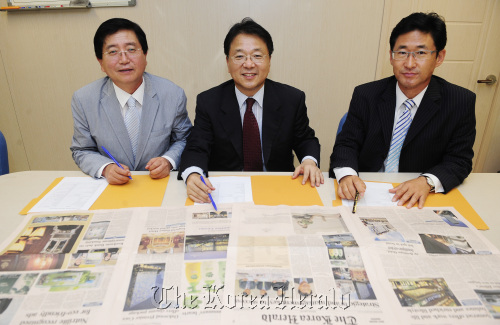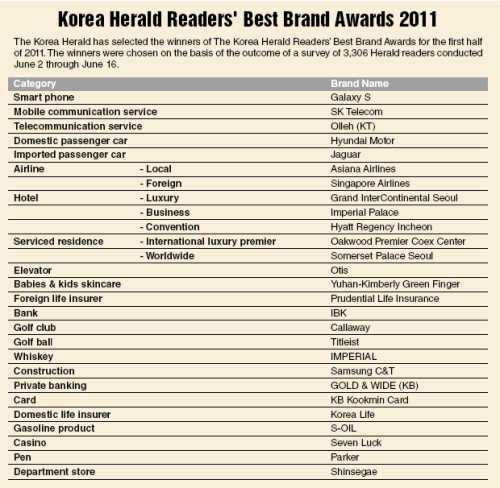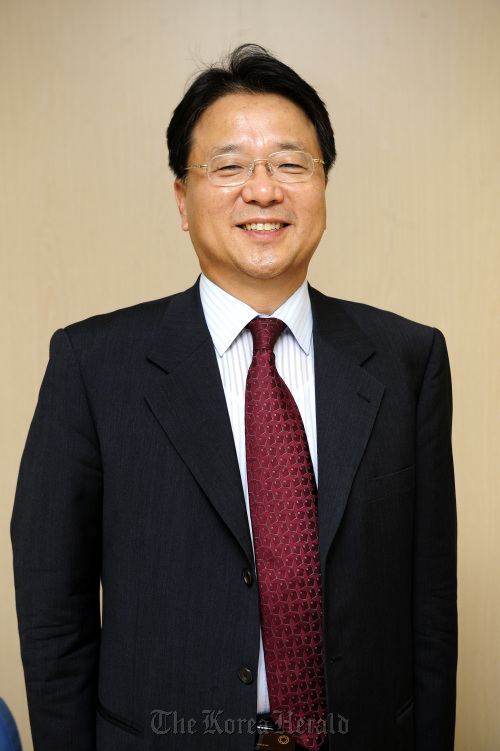One night in 2003, Harvard undergrad and computer programming genius Mark Zuckerberg sits down at his computer and heatedly begins working on a new idea. In a fury of blogging and programming, what begins in his dorm room soon becomes a global social network and a revolution in communication. A mere six years and 500 million friends later, Mark Zuckerberg is the youngest billionaire in history ... but for this entrepreneur, success leads to both personal and legal complications.
This poster is about the film “Social Network” that created a sensation among theaters in the United States in November. People are anxious to know how a 20-year-old could invent a face-matching website just with a computer and his own idea, and develop a company, whose brand value now amounts to $19.1 billion.
Why we should make a successful brand? This is because, as shown in the example of Facebook, strong brand power brings “brand equity.” But what is “brand equity,” what constitutes it?
This poster is about the film “Social Network” that created a sensation among theaters in the United States in November. People are anxious to know how a 20-year-old could invent a face-matching website just with a computer and his own idea, and develop a company, whose brand value now amounts to $19.1 billion.
Why we should make a successful brand? This is because, as shown in the example of Facebook, strong brand power brings “brand equity.” But what is “brand equity,” what constitutes it?


Brand equity elements
Brand equity refers to a value added by attaching a brand to a specific product or service. Brand equity boosts brand preferences, market shares or profitability.
Brand awareness means ability of a consumer to recognize or recall the brand of a certain product or service.
In particular, a high level of awareness can be a powerful marketing tool as it prompts consumers’ familiarity, which leads to their direct purchase.
Brand awareness is composed of brand recognition and brand recall. Brand recognition refers to ability that can distinguish a certain brand in various situations. It means whether information on a certain product remains in memory.
Brand recall is the ability of consumers to retrieve information on a certain brand already stored in their memory. For example, asking whether they know that Shin Ramyun is a ramyun brand is brand recall. Saying what ramyun brand you know is brand recognition.
Brand loyalty
Brand loyalty can be defined as continued preference and repeated buying of a certain product or service. Brand loyalty is the most core part of brand equity and it can be a final goal of brand management. Then, what decides brand loyalty?
To understand this, we need to look into consumers’ purchase process.
Consumers first recognize the need to buy a product and search its information through the Internet or acquaintances. After acquiring information, they tend to find alternatives. After undergoing this process, they decide to buy a product.
If consumers are satisfied with what they purchased, they do not take the same purchase process. They just repeat buying the same product habitually. In the long run, they will have trust and affection with the brand of the product. And this leads to brand loyalty.
In a sense, the factors that decide brand loyalty are consumers’ satisfaction, trust and affection for a brand.

The power of trust
Companies should focus on brand loyalty to enhance brand equity. To boost brand loyalty, companies should try to earn the trust of consumers through their brand.
MIT Professor Glen Urban, who is chairman of Sloan’s MIT Center for Digital Business, said that people are living in an era where companies which failed to draw customers’ trust have to manage to survive while selling “third-level goods” to “third-level customers.”
With globalization and technology advancement, we are facing an unexpected moment of crisis everyday.
Function and image can no longer guarantee success. The first U.S. President George Washington said people become most miserable when they lose the trust of others. The same goes with companies.
We saw the world’s top automobile brand Toyota fall in a day. And we are also witnessing how much the carmaker is paying the price to regain the confidence.
Brand value of companies is not built in a day. But it can collapse in a day. The power of customers’ trust with companies ― this will be the foundation that builds brand equity.

By Park Heung-soo
(Yonsei University School of Business)



![[Exclusive] Korean military set to ban iPhones over 'security' concerns](http://res.heraldm.com/phpwas/restmb_idxmake.php?idx=644&simg=/content/image/2024/04/23/20240423050599_0.jpg&u=20240423183955)




![[Herald Interview] 'Amid aging population, Korea to invite more young professionals from overseas'](http://res.heraldm.com/phpwas/restmb_idxmake.php?idx=644&simg=/content/image/2024/04/24/20240424050844_0.jpg&u=20240424200058)

![[Pressure points] Leggings in public: Fashion statement or social faux pas?](http://res.heraldm.com/phpwas/restmb_idxmake.php?idx=644&simg=/content/image/2024/04/23/20240423050669_0.jpg&u=)








